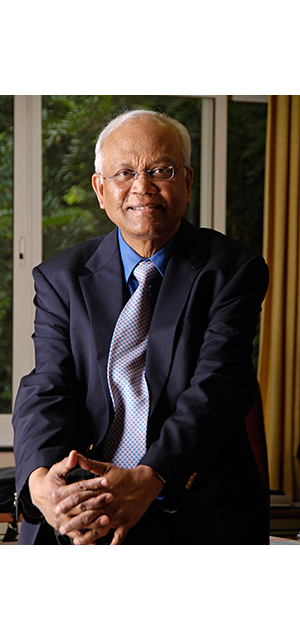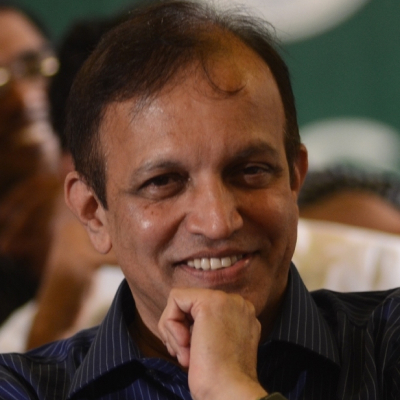– Dr. Manasi Mahabal-Sardesai
Have you ever heard who never sleeps? Yes….correct…robots!!! Now robot-technology has come up with a new role for them as Journalists, who could generate content 24/7 without getting tired. While human journalists focus on the valuable work that requires human insight, robot-journalists could generate information-based content.
Do you know how the robot-journalism may work? It is an automated approach to journalism in which some data is transformed into news reports written in human language. This is achieved with the Natural Language Generation (NLG) technique. Mainly there are five steps for automated journalism: Data collection, selection of interesting events, sorting for priorities, narration, and publishing a story. Graefe et. al. have reported that “… not only can algorithms create thousands of news stories for a particular topic, they also do it more quickly, cheaply, and potentially with fewer errors than any human journalist.” Generally it is known as Algorithm Journalism!! Interesting, isn’t it? Good or bad, time will tell.
Robojournalism is suggested to be best suited for sports, finance, and weather forecast, where structured data is available and topics are repetitive. Because of such algorithms, media publishing houses could report breaking news very quickly. One of the previous articles published in 1970 had discussed template-based solutions by tech-savvy providers in which predefined rules are designed to create a story. In 2020, Graefe and Bohlken summarised results on how readers perceive the credibility, quality, and readability of automated news in comparison to human-written news by doing a meta-analysis of 11 peer-reviewed papers in English language scientific journals between 2017 and 2020. In the upcoming years, humans may be engaging in qualitative search for the media and digital life in a smart way.
Will robots ultimately steal a journalist’s job? My plain answer is no. Robots could possibly share our job. There are several benefits of using a machine. For example, robots can act as an “Assistant”, such as writing up press releases, data stories, or earnings results. They may not however be able to conduct face-to-face interviews and ask follow-up questions, craft a colourful feature story and in-depth analysis, or shoot and edit a package for TV broadcast with instinctive and personalised insights. In fact by automating routine stories and tasks, human journalists can free up their time for more challenging jobs such as covering events and investigative reporting. It may also pave the way for greater efficiency and cost-cutting measures for news organizations struggling to survive. Robojournalism is also cheaper because large quantities of content can be produced at quicker speeds.
News automation allows us to report news for smaller target audiences, report same thing in multiple languages, and personalise the content; all this without creating massive additional costs. As mentioned, robojournalism has many benefits to it and is already well suited for reporting repetitive events on which structured data is available. However, the disadvantages could far outweigh the advantages. Apart from fears about even more job cuts in the media industry, there are obvious concerns about the credibility and quality of automated journalism and the use of algorithms. AI may have serious limitations in replacing human skills such as creativity, humour, or critical thinking in the newsroom, which are all crucial aspects for the media professionals. With new self-learning tools where all this ends up, only future can tell!!
Oxford university and Deloitte team surprisingly developed one calculator tool (https://willrobotstakemyjob.com/) to find out the percentage of automation risk and job score related parameters. Quite a few news organizations have been working on automated journalism, incorporating it into their readers’ experience in quite a few different ways. As creatives, this is an excellent way to improve quantity, as well as perhaps the quality, by allowing creatives to do what they do best; all the while providing readers with easy-to-understand experience. The new era of robojournalism may be soon unleashed where good journalists will never disappear, but will also be forced to think again about how they can be more creative, innovative and bring in-depth analysis to their profession. It completely subjective as to how you see a partially filled cup: half full or half empty. The upcoming years will definitely have a rapidly growing number of stories written by robotic journalists. Still people will look for human journalists because they always add value, innovation, and perspective.
Reference source:
computer-produced worded forecasts by Glahn H. (1970) Bulletin of the American Meteorological Society, 51(12), 1126–1132.
https://towardsdatascience.com/where-are-the-robojournalists-b213e475ca64






What’s the job loss percentage (after 5 years) when artificial intelligence will start implementing on much greater scale
Very good